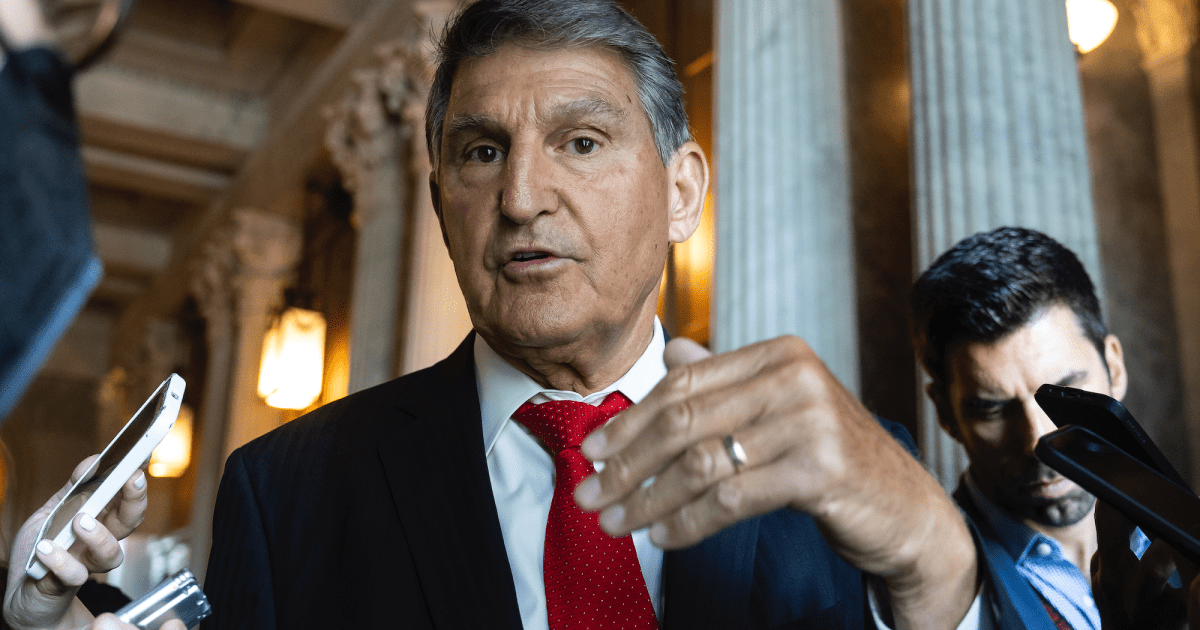The United States’ poverty rate experienced its largest one-year jump on record last year, with the rate among children more than doubling from 2021’s historic low of 5.2 percent to 12.4 percent according to new numbers from the US Census Bureau out today. They’re the latest data to reflect the devastating effects following the expiration of nearly all pandemic-era relief programs. That includes the end of Medicaid rules that protected recipients from getting kicked off because of administrative errors, an end to rental assistance policies, and the restart of student loan payments.
These policies might seem like a distant memory at this point. But they’re worth recalling with the arrival of every new report. Each demonstrates what happens when politicians long hostile to caregivers, universal health care, and the welfare state, for a brief moment, acted to create powerful, federally-backed safety net programs aimed at helping everyday Americans. One of the most effective programs to emerge was the expansion of the child tax credit, which provided families monthly checks of up to $300 per child and broadened eligibility rules for qualifying families. In turn, child poverty rates plummeted; the extra income allowed caregivers to quit grueling second and third jobs; parents were able to buy their kids decent clothes and help stop taunting at school. The Census Bureau previously reported that food insecurity dropped dramatically after just the first extended payment, from 10.7 million households reporting they didn’t have enough food to 7.4 million.
But as the pandemic receded, Republicans with the help of West Virginia Sen. Joe Manchin, who in private remarks reportedly warned that families were using the extra income to buy drugs, appeared to remember the country’s longstanding pre-pandemic hostility. Their opposition ultimately tanked President Biden’s agenda, and along with it, the brief life of the expanded child tax credit. That’s something worth remembering today as the predictable crowd is likely to cry about Democratic-engineered inflation.



lol, I bet you think killing Nazis is bad too and there’s some kind of rule that states you have to have reactionaries in your politics instead of just getting rid of them.
deleted by creator
Imagine having elected officials doing what you like. Instead they do whatever corporate donors pay them to.
Best to let capital sort it out - wouldn’t want to enforce the will of the people or anything.
In freedom democracy burgerland, the average citizen has 0 influence on their elected officials decision making, and must resort to hoping they do something effectual. This is good and rational.
In authoritarian, freedom-hating China, a recall vote can be initiated against a politician at literally any time by their constituents if they feel the will of the people is not being enacted. This is horrible, and bad.
why should it take force when their power allegedly comes from the people? i thought this was a democracy!
Crylaugh emojis are not the flawless cover for being flustered that you seem to think they are.